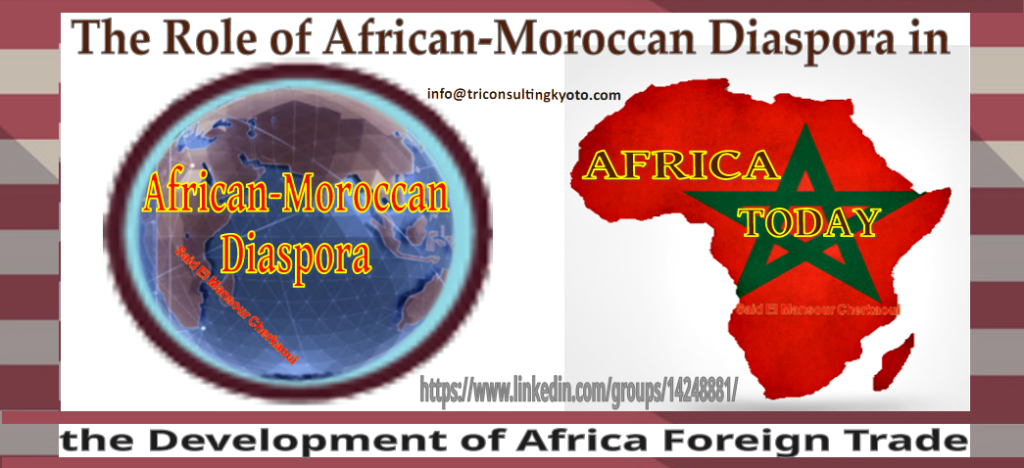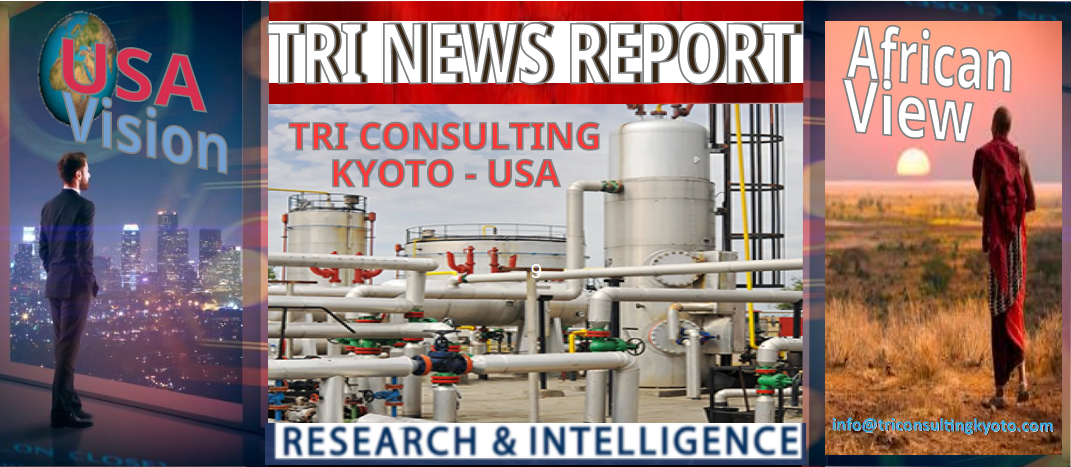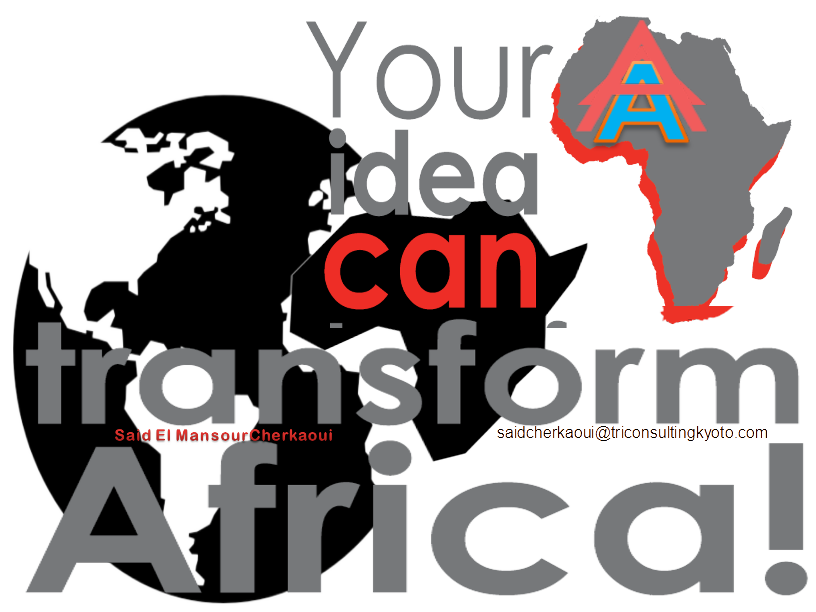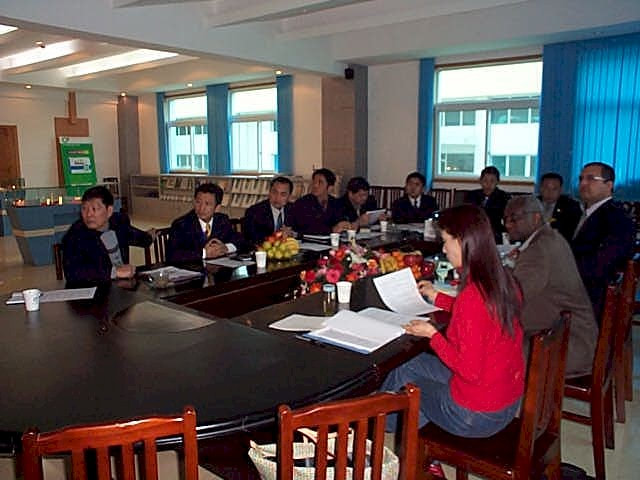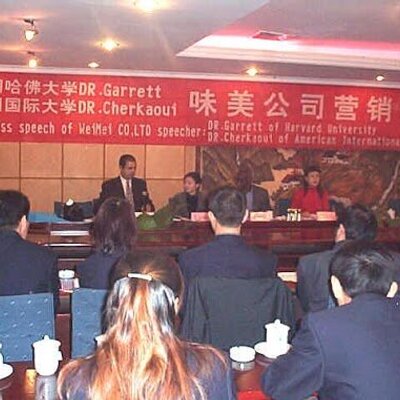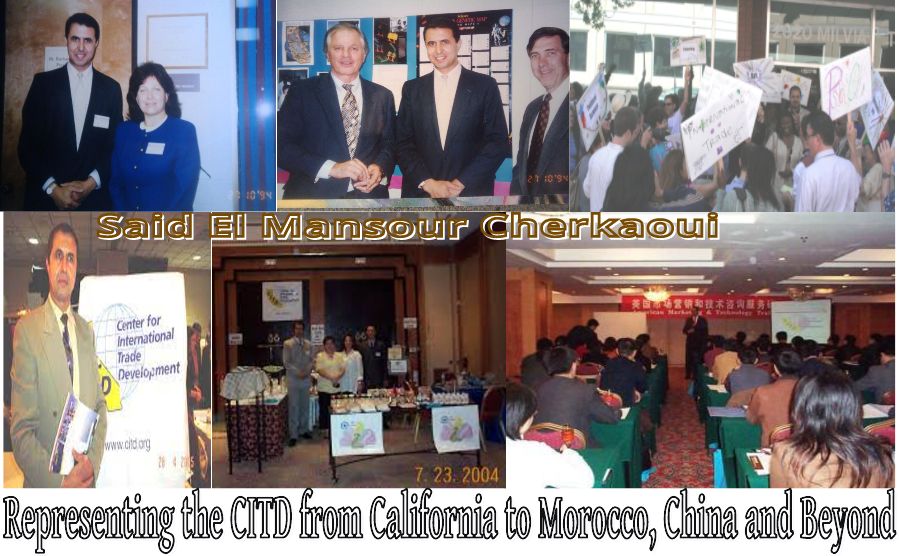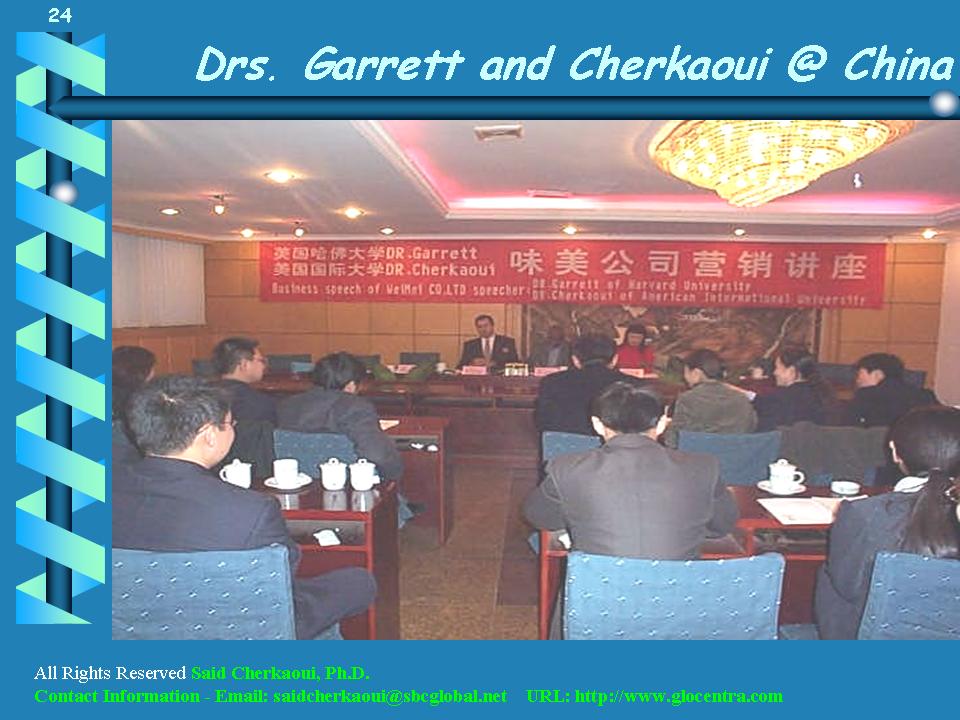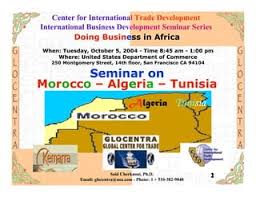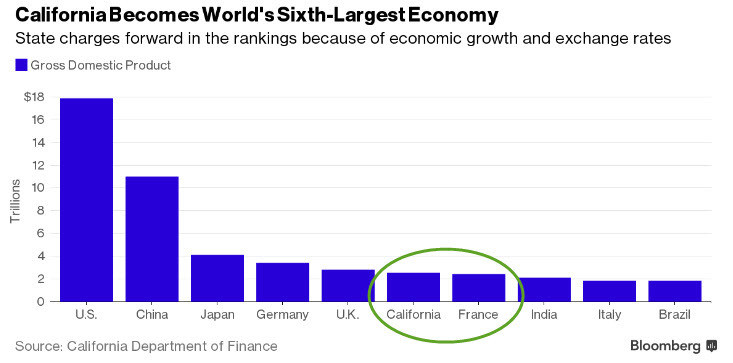AfCFTA🌍 African Continental Free Trade Area

Supporting African multilateralism: Gradual implementation of the AfCFTA
An ambitious initiative offering opportunities for worldwide businesses
Bringing together 54 signatory states among the continent’s 55, the AfCFTA aims to create the world’s largest free trade zone, representing a market of 1.3 billion consumers.
✈️ African Continental Free Trade Area
The African Continental Free Trade Area (AfCFTA) is expected to transform African economies and lead to an increase in intraregional trade and inward investment. There is much progress in negotiations but the ultimate benefits depend on the way AfCFTA commitments are implemented. National AfCFTA Implementation Committees (NICs) can help in this endeavor.
The year 2023 is the African Union (AU) Year of Acceleration of AfCFTA Implementation. In line with the Decision of the 31st Ordinary Session of the Assembly of Heads of State and Government of the African Union (the AU Assembly), held on 1–2 July 2018 in Nouakchott, Mauritania, Member States are required to set up NICs to facilitate implementation of the AfCFTA Agreement.
The primary objective is to boost intra-African trade. “Intra-African trade currently represents only 15% of the continent’s total trade, compared with 58% in Asia and 67% in Europe” (source: UN). The World Bank estimates that the implementation of the AfCFTA will boost intra-African trade volumes by 52.3% by 2025, as well as revenues for Africa and the rest of the world.
More Topical Readings
Economic Integration in Africa
Said El Mansour Cherkaoui November 14, 2023 – Economic integration involves agreements between countries that usually include the elimination of trade barriers and… Read More
Africa Destiny: Road of Integration from Cairo to Cape Town
Said El Mansour Cherkaoui September 26, 2023 – AFRICAFRIQUE’s Longest Road Coming Soon To Be Your Way and our African Highway If you… Read More
Africa Destiny: Financial Integration: Key to Intra-Trade and Investment
Said El Mansour Cherkaoui August 26, 2023 – At the time of the writing of this document, Her Excellency Dr. Monique Nsanzabaganwa was… Read More
First, AfCFTA implementation structures will need to be designed in ways that align well with existing trade negotiations and implementation structures. Second, the AfCFTA is not only a Free Trade Agreement but also a trade strategy involving a range of complementary instruments that address implementation, monitoring, payment systems, adjustment, and industrial policy.
This has led to much interest in Member States in what effective NICs look like and what they do. The role of the AfCFTA Secretariat in supporting the formation and operation of NICs is paramount. Two features associated with the AfCFTA project are important for implementation.
This briefing, aimed at the AfCFTA community concerned with implementing the AfCFTA, identifies appropriate institutional forms for NICs as well as 10 core functions that effective implementation agencies will carry out. It also outlines a potential five-step AfCFTA template for effective NIC formation and operation.
From negotiations to implementation: Building Effective AfCFTA National Implementation Committees
https://au-afcfta.org/wp-content/uploads/2023/04/ODI-AfCFTA_NICs-PolicyBrief-1
The African Union’s observations on the AfCFTA augur well for sectoral opportunities for businesses worldwide. Indeed, the institution behind the AfCFTA has made a number of recommendations to ensure that the initiative is properly implemented and achieves its stated projections.
According to the African Union, massive investment will be required in many sectors of African economies. The first and foremost need announced is for investment in improving the continent’s infrastructure. This financing requirement has been identified at between 130 and 170 billion dollars per year (source: AU), and the African Union is calling on governments to give priority to partnerships with the private sector and the transfer of technology on a global scale to modernize infrastructures.
On a sectoral level, opportunities have been identified in manufacturing, a sector that still contributes too little to Africa’s GDP, but whose growth forecasts have tripled following the implementation of the AfCFTA. The African Union particularly insisted on the priority of developing certain sectoral industries such as agro-processing, pharmaceutical manufacturing, green technologies, and mineral processing.
Africa Destiny – AfCTA: Integration or Dislocation
Said El Mansour Cherkaoui August 9, 2023 – African leaders have suddenly become believers in the benefits of international trade liberalism which have… Read More
Africa Destiny: Civilization, Trade and Integration in Africa: Lessons from the Past

Said El Mansour Cherkaoui March 5, 2023 – Africa Claim your own voice of integrity and accountability and decide about the progress of… Read More
Moroccan Minister of African Integration
Said El Mansour Cherkaoui October 15, 2021 – Moroccan Minister of African Integration Said El Mansour Cherkaoui – October 15. 2021 Africa: Moroccan Diplomacy… Read More
Finally, particular attention is to pay to digital trade and all the technologies that are revolutionizing the way we do business today. Fintech solutions, mobile money and other digital tools for commerce are developing rapidly on the continent and require further investment and innovation.
Economic Integration and Eco-Financial Digitalization of Africa
Startups in Morocco and in many African countries still face a few challenges. The major one is the lack of a pipeline of talented engineers and business course-related graduates. Startups have been forced to settle for less impressive talent because they can not compete with the pull of more established traditional companies.
🌎🌐🌍 What You Need to Learn and to Know?
Pre-seed to Exit program is designed for entrepreneurs looking to acquire direct experience in: Developing a plan for an investable project Accurately
🌐 Read more Startups and Innovation
Startups and Innovation – Africana Enterprise

Executive Leadership Development Programs for Success Entrepreneurial thinking, innovation and new technologies
In 2021, the combined GDP of the 54 African countries was less than 15% of the GDP of the United States. The continent is made up of many relatively small countries, economies and markets, which is a disadvantage on the global stage, where countries with huge populations and GDPs wield the most influence.
Deeper economic integration in Africa paves the way for shared prosperity and greater global influence. Regional integration, similar to that of the European Union, has been cited as a key element in creating stability, fostering the growth of economies, improving market efficiency, sharing the costs of major infrastructure projects and ensuring peace and safety. And as the world becomes more digital every day, digital integration is essential for successful regional integration.
In this context, “digital integration” refers to the creation of shared systems and standard rules for digitalization across Africa. This involves digital cooperation, particularly in the areas of finance, governance and security. In practice, digital integration will include concepts such as a harmonized digital financial system, consistent laws across the continent for digital activities, and shared regulatory technology such as identity verification, e-taxation, and business registration systems. in Africa.
Partnerships with the private sector, building interoperable systems, and attention to electrical and Internet infrastructure are three key ideas that could help accelerate this digital integration.
Read more at : Lanre Ogungbe: September 07, 2023, Accelerating Digital Integration in Africa, Harvard Business Review.
JOIN OUR GROUP AT LINKEDIN: AFRICAN-MOROCCAN DIASPORA WORLD-CLASS EXECUTIVES
https://www.linkedin.com/groups/14248881/
